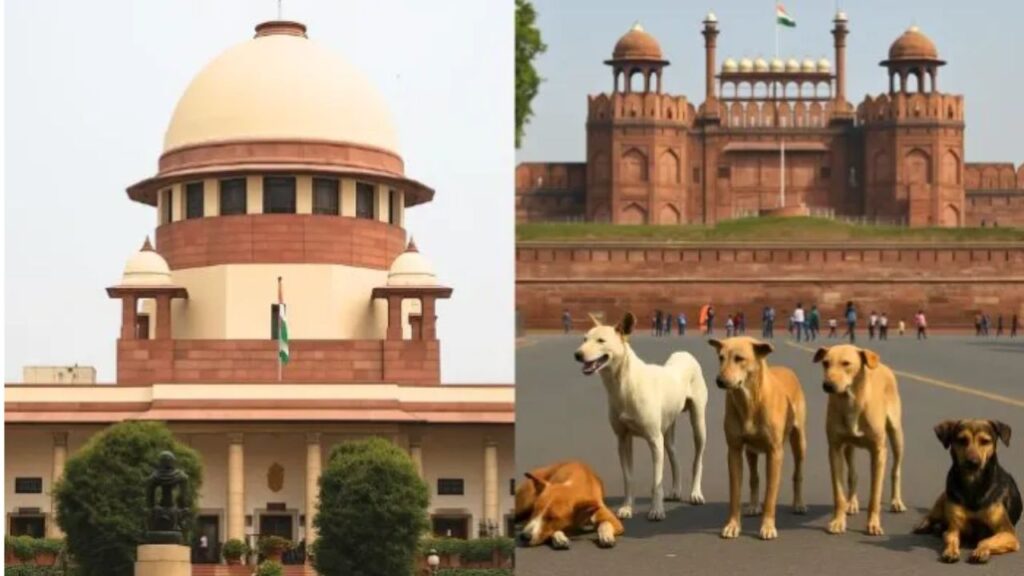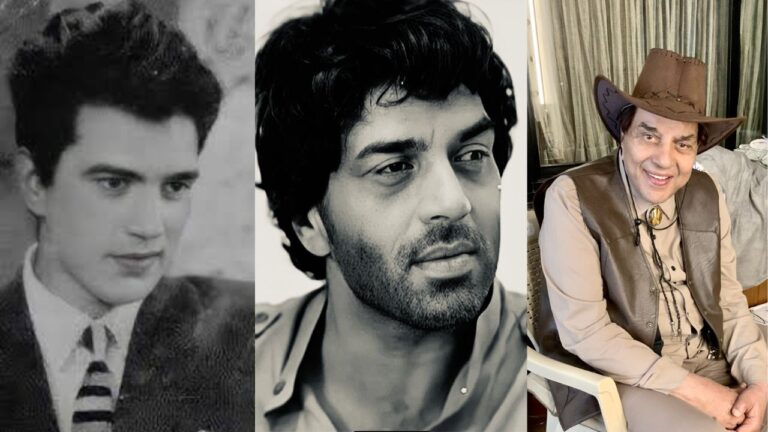
The Supreme Court on Friday modified its earlier directive on stray dogs in Delhi-NCR, clarifying that canines can be released back into their original localities once they undergo sterilisation and vaccination. The only exceptions will be dogs suffering from rabies or displaying aggressive behaviour.
A three-judge bench comprising Justices Vikram Nath, Sandeep Mehta and N.V. Anjaria delivered the ruling, marking a significant relief for animal welfare groups who had opposed the court’s 11 August order mandating that all strays be rounded up and confined in shelters. That order had triggered strong criticism from activists, citizens, and political leaders across party lines.
The bench instructed municipal bodies to designate specific feeding points in each ward to regulate the practice of feeding strays. It warned that feeding in unauthorised spots would not be permitted, as it often leads to public inconvenience. Dedicated helplines will also be set up to enable residents to report violations of these directions.
Reiterating that authorities must not be obstructed in carrying out their duties, the court further directed municipal corporations to submit compliance reports within eight weeks. The matter will then be reviewed again.
On intervention petitions, the bench laid down new conditions: individuals and NGOs seeking to join proceedings must file supporting affidavits, while NGOs will also be required to deposit ₹2 lakh and individuals ₹25,000, to be used for developing shelter infrastructure. The move aims to prevent frivolous applications.
The hearing also saw sharp exchanges between the Solicitor General Tushar Mehta, representing the Delhi government, and senior advocates including Kapil Sibal, Abhishek Manu Singhvi and Colin Gonsalves, who appeared on behalf of animal rights groups. While Mehta stressed that unregulated stray populations endanger children and elderly citizens—citing WHO data that 36% of global rabies cases occur in India—petitioners argued that strict implementation of the Animal Birth Control Rules, not mass confinement, was the humane and effective solution.
The court noted that similar disputes are pending before various high courts and said it will consolidate them for a comprehensive decision.
The latest ruling replaces the earlier 11 August order passed by a two-judge bench, which had directed immediate creation of shelters and relocation of all strays. That directive had been widely criticised, with prominent figures like Rahul Gandhi, Priyanka Gandhi, Maneka Gandhi, and RSS chief Mohan Bhagwat calling for population management rather than forced confinement.
By allowing strays to return to their territories after sterilisation and vaccination, the Supreme Court has effectively reinstated the framework under the Animal Birth Control Rules, while introducing additional checks to balance public safety with animal welfare.






